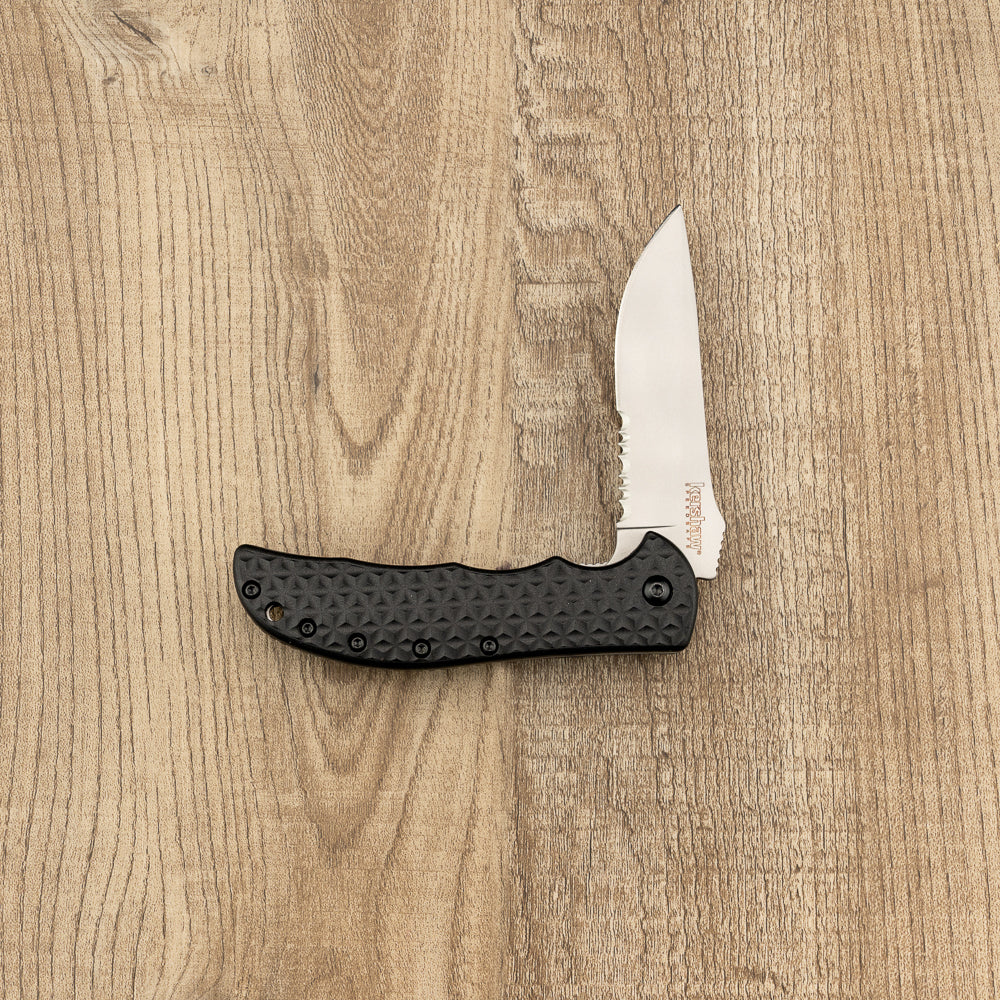Introduction:
Selecting the right flooring for your kitchen is a crucial decision that affects both the aesthetics and functionality of the space. With a wide range of options available, it’s important to consider factors such as durability, ease of maintenance, and style. In this article, we will explore various kitchen flooring options, their pros and cons, and how to choose the perfect floor for your kitchen.
Tile Flooring:
Ceramic Tiles:
Known for their durability and affordability, ceramic tiles are a popular choice for kitchen floors. They come in a variety of colors, patterns, and sizes, allowing for endless design possibilities. However, they can be prone to cracks and chips if heavy objects are dropped on them.
Porcelain Tiles:
Porcelain tiles are even more durable than ceramic tiles and have a low water absorption rate, making them suitable for kitchens. They are resistant to stains, scratches, and moisture, but can be more expensive than ceramic tiles.
Hardwood Flooring:
Solid Hardwood:
Solid hardwood flooring adds warmth and elegance to a kitchen. It can be sanded and refinished multiple times, allowing for long-term use. However, it is susceptible to water damage and can be easily scratched, so proper maintenance and caution are necessary.
Engineered Hardwood:
Engineered hardwood is crafted with multiple layers, making it more resistant to moisture and temperature changes compared to solid hardwood. It offers the beauty of natural wood with increased durability, making it a practical choice for kitchen flooring.
Laminate Flooring:
Laminate flooring is a cost-effective option that mimics the look of hardwood or tile. It is durable, scratch-resistant, and easy to clean. However, it is not as moisture-resistant as other options, and excessive water exposure can cause damage to the laminate planks.
Vinyl Flooring:
Luxury Vinyl Tiles (LVT):
LVT is a versatile and affordable option for kitchen flooring. It is water-resistant, durable, and available in a wide range of styles and designs. LVT can mimic the appearance of natural materials like stone or wood, offering a budget-friendly alternative.
Sheet Vinyl:
Sheet vinyl is a seamless and low-maintenance option for kitchen flooring. It is resistant to stains, water, and scratches, making it ideal for high-traffic areas. Sheet vinyl comes in a variety of colors and patterns, offering endless design possibilities.
Stone Flooring:
Natural Stone:
Natural stone, such as marble, granite, or slate, adds a luxurious and timeless look to a kitchen. Stone flooring is durable, heat-resistant, and available in various textures and colors. However, it can be expensive, requires regular maintenance, and may need sealing to prevent staining.
Engineered Stone:
Engineered stone, such as quartz or composite stone, offers the beauty of natural stone with enhanced durability. It is non-porous, resistant to stains and scratches, and requires minimal maintenance. Engineered stone is available in a wide range of colors and patterns to match any kitchen design.
Choosing the Perfect Floor:
Consider Lifestyle and Usage:
Evaluate your lifestyle and how the kitchen will be used. If you have a busy household or pets, durable and easy-to-clean options like tile or vinyl may be more suitable.
Assess Maintenance and Durability:
Consider the maintenance requirements and durability of different flooring options. Some materials, like hardwood, require regular maintenance and may not handle moisture well, while others, like porcelain tiles, are more resilient and require minimal upkeep.
Match with Kitchen Style:
Choose a flooring option that complements the overall style of your kitchen. Consider the colors, textures, and patterns that will enhance the aesthetic appeal of the space.
Set a Budget:
Determine your budget for kitchen flooring and explore options that fit within your financial constraints. Remember to consider long-term costs, such as maintenance and potential replacement.
Conclusion:
Choosing the right flooring for your kitchen is essential for creating a functional and stylish space. By considering factors such as durability, maintenance, and style, you can select a flooring option that suits your needs and preferences. Whether it’s the timeless elegance of solid hardwood, the durability of porcelain tiles, or the versatility of luxury vinyl, the perfect kitchen floor awaits you.


